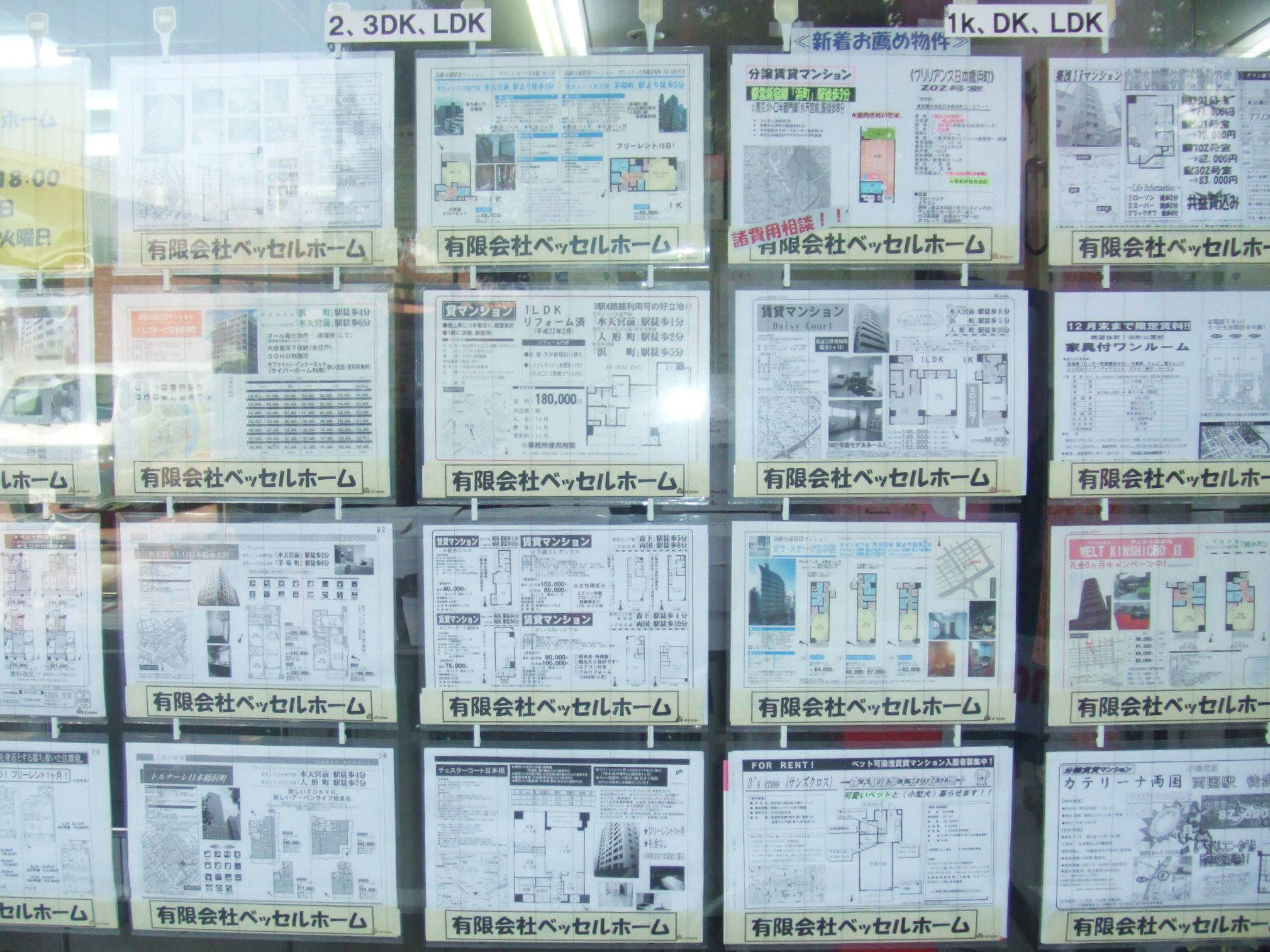In 1946, Japan was in ruins. The housing shortage was severe and inflation was high, so the government issued a directive to freeze rental fees. To make up for the perceived loss of income, property owners came up with supplemental fees — renewal fees, called koshinryō, and "gift money" or reikin, a mandatory gratuity that new renters paid to landlords for the privilege of moving in.
Though the purpose of these fees may have been obvious at the time, they became arbitrary once owners were allowed to set rents freely again. Yet many landlords continued to demand them simply because they could, and they still can.
On July 15, the Supreme Court of Japan ruled that it is legal for property owners to demand supplemental fees when tenants renew their rental agreements. The ruling was made in conjunction with three lawsuits that tenants had brought against their landlords claiming that koshinryō should be considered invalid in accordance with the Consumer Contracts Law. In all three cases the tenants had paid the renewal fees and were suing to get the money back. The landlords argued that the renewal fees were stipulated in the rental agreements the tenants signed.


















With your current subscription plan you can comment on stories. However, before writing your first comment, please create a display name in the Profile section of your subscriber account page.